Whiskey Au Go-Go inquest: owner feared retribution
One of the owners of the Whiskey Au Go-Go nightclub allegedly said he feared the nightclub would be bombed, an inquest has heard.
One of the owners of the Whiskey Au Go-Go nightclub allegedly said he feared the nightclub would be bombed, days before it was attacked, because it owed money to people, a coronial inquest has been told.
Survivors of the Whiskey Au Go-Go fire in 1973 have given evidence of what happened that night at an inquest into one of Australia’s worst mass murders.
One woman, Linette Davis, told the inquest on Tuesday she had had a conversation with one of the owners, Brian Little, days before the attack. She alleged Mr Little feared his club would be “bombed” because money was owed to other people.
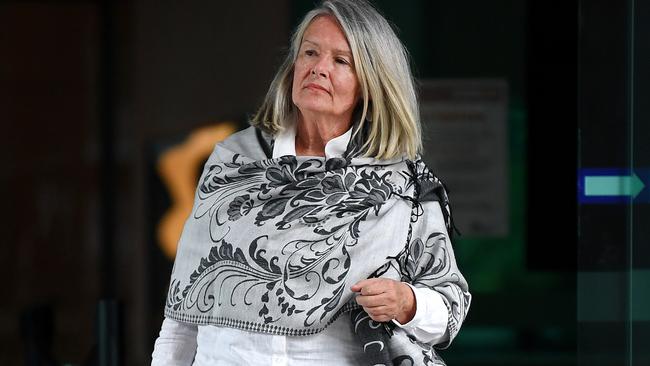
“He said ‘There’s not much I can do’,” Ms Davis said.
She said she was angry and the club could have been closed down if there was a credible threat. “He did nothing … I just don’t get it to this day,” she told the court.
Fifteen people died from carbon monoxide poisoning early in the morning of March 8, 1973, when two petrol drums were ignited on the ground floor of the nightclub.
A waitress who survived the firebombing broke down in court after revealing how a bartender collapsed in front of her when the blaze broke out.
Donna Phillips told the court no statement was taken from her that night. She described seeing smoke “welling up” before the curtains in the nightclub caught fire. “The smoke began to curl up over the ceiling and it appeared the lights went out,” she said.
“I was standing in what I would describe as a frozen state … (a man) said something like ‘Come now!’ or words to that effect.
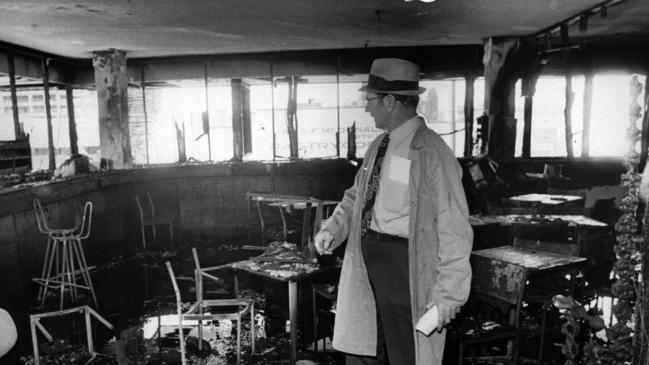
“As we attempted to walk out from the bottom of the stairs to the door, there were two objects on the ground I couldn’t identify.”
A fireman later found her purse in the smouldering wreck, which became part of police evidence.
She choked up on the witness stand as she described how a bartender tried to escape but collapsed. Ms Phillips said she did not remember the floor at the bottom of the stairs being slippery because of cooking fat.
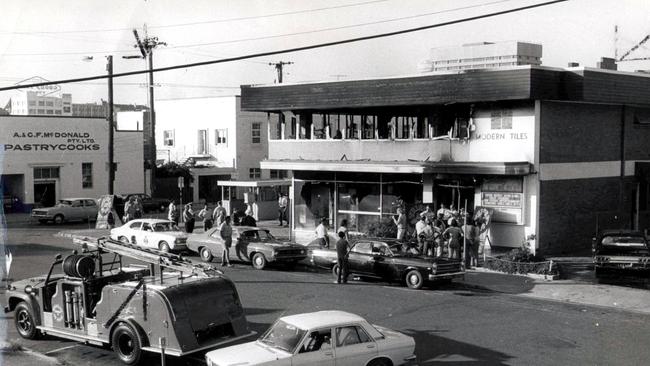
Earlier, former police officer Hunter Nicol gave evidence of how the horrific blaze unfolded with a “wall of heat” and smoke.
He said he thought he was going to die but managed to escape through a window, helping several others to safety.
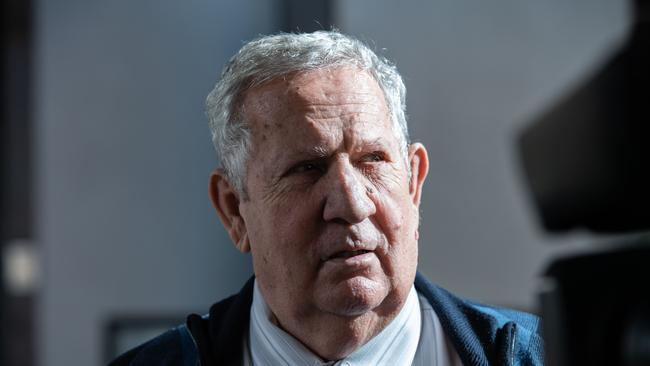
His friends William David Nolan and Leslie Gordon Palethorpe died in the fire. Fay Ellen Will, another woman with them at the time, also lost her life. “Somebody called out ‘Fire!’ and people started to scatter,” Mr Nicol said. “By the time I got up off the table … the smoke just got thicker.”
The firebombing was one of the worst mass murders in modern Australian history. On Monday, statements from the families of victims were read out in court revealing their sorrow and heartbreak from losing loved ones.
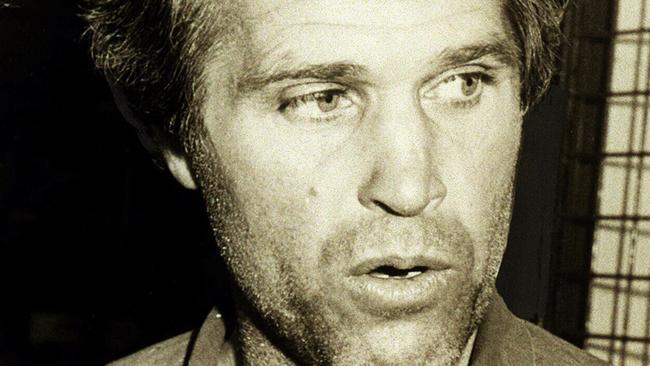
Two men, John Andrew Stuart and James Richard Finch, were convicted of murdering waitress Jennifer Davie, the youngest victim of the fire.
Stuart died in prison in 1979 while Finch, who was deported to England after serving his sentence, died earlier this year.
The inquest will examine whether the two men were the only people involved in the fire and examine the adequacy of the police investigation.
NCA NEWSWIRE



